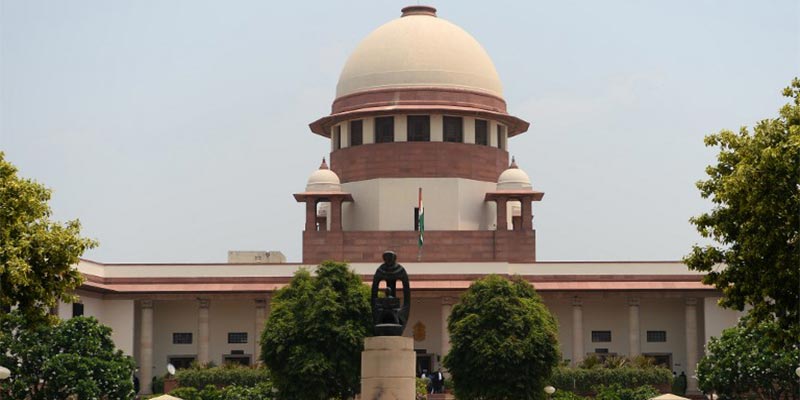- India
- Jul 17
SC to attain full strength of 34 judges
• The Supreme Court is all set to attain its full strength with the elevation of Justices N.Kotiswar Singh and R. Mahadevan.
• The Supreme Court has a sanctioned strength of 34 judges, including the Chief Justice.
• CJI D.Y. Chandrachud is likely to administer the oath of office to the two judges on July 18.
• The Supreme Court will function with 34 judges until Justice Hima Kohli retires on September 1, 2024, • followed by CJI Chandrachud, who superannuates on November 10 this year.
• On July 11, the five-member collegium presided over by the CJI had recommended to the Centre the names of Singh and Mahadevan for elevation to the apex court.
• Chief Justice of Jammu & Kashmir High Court, Justice N. Kotiswar Singh, has become the first judge from Manipur to have been appointed to the Supreme Court. Justice Singh was appointed as a judge of the Gauhati High Court in October 2011. Following the formation of the Manipur High Court, he was transferred there. In February 2023, he was appointed as chief justice of the Jammu & Kashmir and Ladakh High Court and will demit office in February 2028 on attaining the age of 65 years.
• Justice Mahadevan is at present the acting chief justice of the Madras High Court. Justice Mahadevan was born on June 10, 1963 and will demit office in June 2028.
What is the collegium system?
• The collegium system is a forum including the Chief Justice of India and four senior-most judges of the SC, which recommends appointments and transfers of judges.
• Judges of the higher judiciary are appointed only through the collegium system, and the government has a role only after names have been decided by the collegium.
Appointment of SC judges
• The CJI and judges of the Supreme Court are appointed by the President under clause (2) of Article 124 of the Constitution.
• Whenever a vacancy is expected to arise in the office of a judge of the Supreme Court, the CJI will initiate a proposal and forward his recommendation to the law minister to fill up the vacancy.
• The opinion of the CJI for appointment of a judge of the Supreme Court should be formed in consultation with a collegium of the four senior-most judges of the apex court.
• The opinion of members of the collegium in respect of each of the recommendations as well as the senior-most judge in the Supreme Court from the High Court from which a prospective candidate comes, would be made in writing. The CJI must transmit his opinion as also the opinion of all concerned to the government of India as part of record.
• After receipt of the final recommendation of the CJI, the law minister will put up the recommendations to the Prime Minister, who will advise the President in the matter of appointment.
Manorama Yearbook app is now available on Google Play Store and iOS App Store

